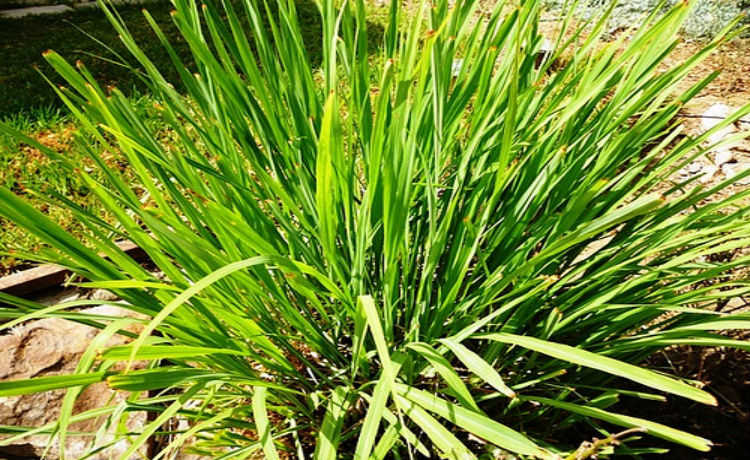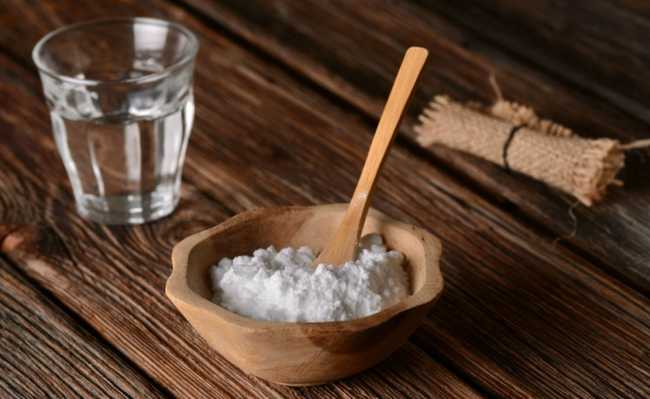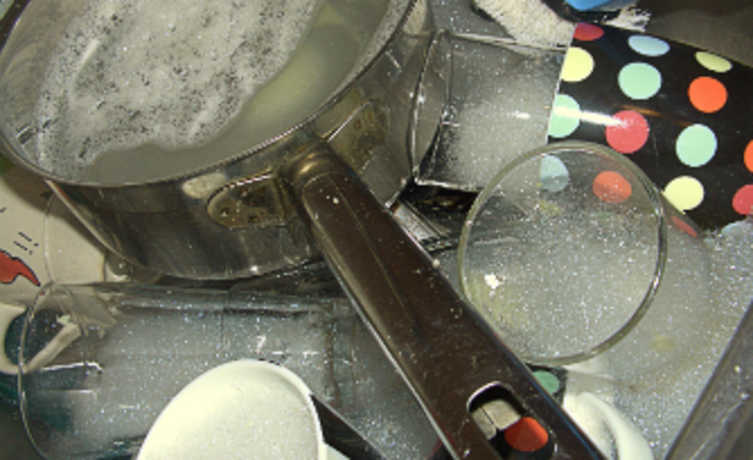Capim-santo: learn about benefits and medicinal properties
Also known as lemongrass and lemongrass, lemongrass can be used in aromatherapy, medicine and cosmetics.

what is crabgrass
The lemongrass, also known as lemongrass or lemongrass (because it is commonly confused with the lemon balm), is a medicinal plant with numerous benefits for our health and well-being. Lemongrass is originally from India, widely cultivated in tropical and subtropical countries and grows well in practically all of Brazil. The main use is through the lemongrass tea, but the herb is also widely used in the pharmaceutical, food, cosmetic and perfume industries, in addition to being widely used in aromatherapy. The lemongrass essential oil is used in cosmetics, such as perfumed oils, shampoos, soaps and soaps, deodorants and lotions, among others.
Benefits of lemongrass and its medicinal properties
Much is said about its properties, but after all, what is the good grass for?
Its main constituents are citral, an antimicrobial and antifungal compound effective in inhibiting and destroying microorganisms, and myrcene, responsible for the analgesic action; another five of its components have the power to inhibit blood clotting. Citral also increases the body's ability to take advantage of vitamin A.
In aromatherapy, lemongrass oil is widely used as it helps to relieve depression, stress and tension in the body. It is popularly used in the form of a poultice (medicinal mass) to treat arthritis pain and in baths to relieve aching muscles; lemongrass also helps to relieve muscle spasms, reducing all symptoms related to abdominal pain, headaches, joint pain, digestive tract spasms, muscle cramps, stomach pain, among others.
The diluted essential oil of lemongrass is also used as an antifungal for skin conditions including ringworm and athlete's foot. Its extract can be applied to fresh and open wounds, as the herb acts as an antiseptic that prevents infections, as well as being used to detoxify the body's digestive organs, such as the pancreas, liver, kidney and bladder.
The lemongrass tea or its juice is recommended for the treatment of insomnia and anxiety problems, to fight fever and in cases of stomach and intestinal cramps, and due to its detoxifying function, it is also incorporated in many slimming diets. .
Contraindications and side effects of capim santo
- Risk of causing burns if the place where there was direct application is exposed to the sun (as well as citronella, lemon, orange and other citrus fruits);
- In excessive doses, it can cause drowsiness, diarrhea, low blood pressure, weakness and sedation;
- It is contraindicated during pregnancy, as it can cause abortions due to the relaxation of the uterine muscles;
Recipes with lemongrass
lemongrass tea
- Place four to six cut leaves of lemongrass into a cup of tea;
- Add boiling water;
- Cover the cup and wait for the temperature to become pleasant before drinking it;
- Strain the leaves and it will be ready for consumption.
lemongrass juice
- Grind, in a blender, 40 leaves of the lemongrass with a liter of cold water;
- Then strain;
- Add the juice of 2 lemons and sugar to taste.










